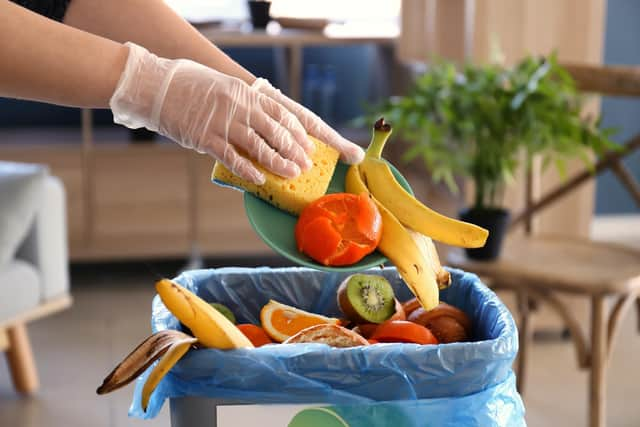Waste officials believe Dacorum families could save up to £720 per year when it comes to food
and live on Freeview channel 276
Waste bosses estimate that families in Dacorum and across Herts could save up to £720 a year by throwing away less food.
And now they are drawing up plans for a county-wide #WorthSaving campaign to save money and cut food waste.
Advertisement
Hide AdAdvertisement
Hide AdThe campaign will urge residents to plan meals in advance, to check cupboards and to make shopping lists – as well as taking steps to avoid shopping when hungry and impulse purchases.


It will also highlight how to store food in the best way and urge residents to think about portion sizes, eating leftovers and batch cooking.
And it is hoped that the campaign – which has already been trialled in one of the 10 Hertfordshire districts – could cut food waste in the county by 10,000 tonnes a year.
On Monday (April 24) it will be considered by waste bosses from each of the 11 councils in the county at a meeting of the Hertfordshire Waste Partnership (HWP).
Advertisement
Hide AdAdvertisement
Hide AdAnd it is expected to be rolled out across the county by the end of the year.
Speaking in advance of the meeting Duncan Jones partnership development manager for the HWP told the Local Democracy Reporting Service food waste is now “the biggest single challenge” in waste management.
But he stressed that the aim is not for residents to send more of their food waste for composting – but to create less food waste at all.
Typically, compositional research shows food waste accounts for more than a quarter of everything thrown into residual waste bins in Hertfordshire.
Advertisement
Hide AdAdvertisement
Hide AdThat’s a staggering 52,000 tonnes of food waste in rubbish bins a year.
But as much as 85 per cent of it, it is estimated, could actually be eaten – saving households as much as £720 and reducing the £5.9m it costs councils to deal with it too.
Officials say that finding forgotten food that has reached its use-by date or gone off in the back of cupboards or fridges, failing to eat leftovers or buying too much are among the reasons why people throw away food.
As part of the four-step campaign, ‘plan’, ‘shop’, ‘store’ and ‘eat’ messages will be highlighted through social media, posters, leaflets, newsletters, vehicle signage and banners.